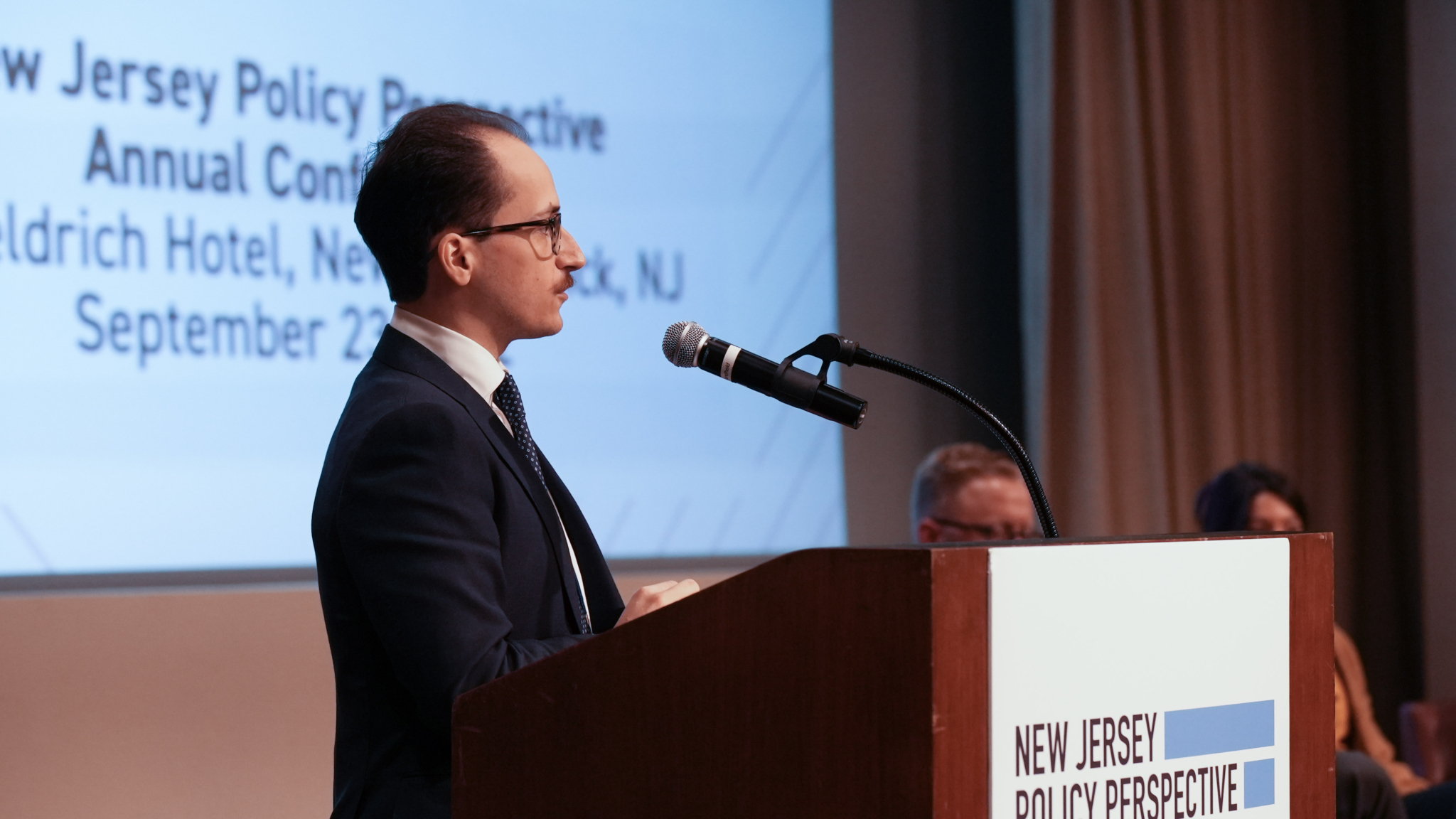On September 18, 2024, members of the For the Many coalition joined leaders from across the U.S. in Washington, DC, to demand bold tax reforms when the 2017 tax cuts expire next year. Advocates called on Congress to ensure that the wealthy and large corporations contribute fairly to fund critical public services that working families rely on.
For the Many, which spearheaded the Corporate Business Tax surcharge victory in New Jersey, now seeks to amplify its tax justice agenda at the federal level, standing in solidarity with community advocates from over 15 states. As part of this growing movement, the coalition urged Congress to commit to raising corporate tax rates, ending tax cuts for high-income households, and investing in key public services like child care, education, and infrastructure.
By aligning federal tax policy with the needs of working families, the coalition seeks to ensure that both state and national reforms prioritize equity and long-term economic health. With the recent loss of two key members at the federal level, several NJ delegates moving into critical federal roles, and a closely watched gubernatorial race in 2025, now is the time to meet the moment. Recent polling shows 78% of NJ voters support taxing corporations, making this a pivotal opportunity for bold tax reform
“We’re here in Washington to send a clear message: New Jersey’s success in restoring the Corporate Business Tax shows that fair tax policy can work at both state and federal levels. As we approach the expiration of the 2017 tax cuts, it’s time for Congress to ensure the wealthiest Americans and corporations contribute fairly,” said Eric Benson, For the Many Campaign Director. “Our families deserve real investments in education, transit, and child care — not policies that favor the ultra-wealthy. We’re proud to stand with advocates across the country to make that happen.”
The New Jersey coalition is particularly focused on the importance of corporate accountability in funding vital public services. With the recently restored Corporate Business Tax surcharge in New Jersey already set to boost transit investments, advocates emphasized the importance of pairing state-level wins with federal tax reforms that benefit communities.
“The 2017 tax cuts benefited the wealthy and giant corporations while leaving working-class people behind. Congress has the chance to unrig our economy and restore economic fairness by reinvesting in people, not profits,” said Antoinette Miles, NJ State Director, Working Families Party. “In New Jersey, we’ve shown that moving towards a fair tax code that prioritizes working families over corporate profits is possible. We can create a people-first economy where everyone has what they need to get ahead.”
Members of Make the Road New Jersey are currently in Washington DC to emphasize the importance of restoring the Federal corporate businesses tax. The 2017 tax cut under the previous administration primarily benefited wealthy corporations, neglecting the needs of working-class families and students like myself.
“We strongly urge elected officials to prioritize the well-being of our communities by reinstating the Federal corporate tax and directing investments towards the betterment of our society. New Jersey has recently showcased that equitable tax reforms, which prioritize the everyday worker, are achievable,” Camila Guayasamin Llugcha, Make the Road NJ Member. ”As an individual who heavily relies on public services for education and employment, I implore the elected officials representing us in Washington DC to contemplate the restoration of a tax code that enables all communities to prosper, while ensuring that multi-million dollar businesses contribute their fair share.
“Small business owners are tired of being pushed to the sidelines while big corporations rake in tax breaks. The 2017 tax cuts only widened that gap, leaving us with fewer resources to grow and thrive. Congress must fix this broken system, create real relief for small businesses, and stop favoring megacorporations. Our communities depend on it,” said Wetoga Felli, Research Analyst, Small Business Alliance.
“Taxing the wealthy isn’t about penalizing success; it’s about ensuring prosperity doesn’t come at the expense of our planet and its people. Gen Z is stepping up—we see the climate crisis and economic inequality as two sides of the same coin. In New Jersey, this means ensuring affordable housing, modernizing transit, and protecting our shorelines. Real change demands we rethink how we distribute resources, funding a future where economic and environmental justice are intertwined,” said Ben Dziobek, Executive Director of Climate Revolution Action Network.
“A fairer tax system means a brighter future for our communities. By closing loopholes and demanding that the wealthy pay their fair share, we can create a more equitable system that directly benefits working families, including African-Americans,” said Tomas Varela Jr, Executive Director of New Jersey Black Empowerment Coalition. “Taxing the wealthy isn’t just about money. A fairer tax code means African-Americans can invest in the very things that help all families thrive: education, housing, and economic opportunity. This is a fight for a more just and prosperous society for everyone.
Watch a live stream of the press conference here.
###
For The Many is a statewide coalition of more than 40 organizations working to expand funding for essential services and improve budget practices to meet current and future needs, especially for communities that have been historically left behind.
Fair Share America supports the movement in the states and nationally to make wealthy individuals and the most profitable corporations pay what they owe so that all of us can thrive. We are a groundbreaking, federal and multistate initiative focused on building long-term civic engagement and political power to deliver lasting tax justice.


